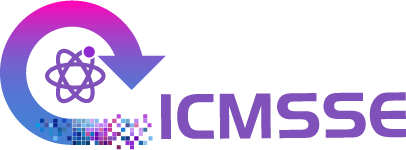


Welcome Assoc. Prof. Hongbo Li from School of Management, Shanghai University to be the keynote speaker of ICMSSE 2021

Assoc. Prof. Hongbo Li
School of Management, Shanghai University
Research Area:Management Information Systems; Project Scheduling; IT Project Management
Brief introduction of your research experience:
Hongbo Li is Associate Professor of Information Systems and Management Science in the School of Management at Shanghai University, Shanghai, China. He obtained his PhD degree in Management Science in July 2014 from School of Economics and Management, Beihang University, Beijing, China. He was a visiting PhD student at Research Center for Operations Management, Faculty of Economics and Business, KU Leuven, Belgium from 2012 to 2013. His research interests include artificial intelligence, metaheuristics, project scheduling, robust scheduling, data science, business analytics, and information systems. He has published in a variety of refereed journals, such as Journal of Scheduling, International Journal of Production Research, Decision Support Systems, Expert Systems with Applications, and Electronic Commerce Research and Applications.
Speech Title: An Effective Genetic Algorithm for the Resource Leveling Problem with Generalized Precedence Relations